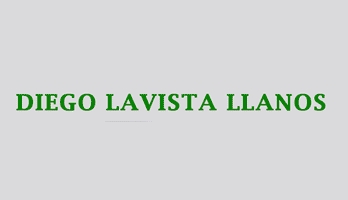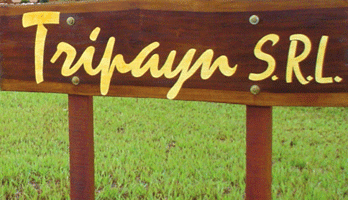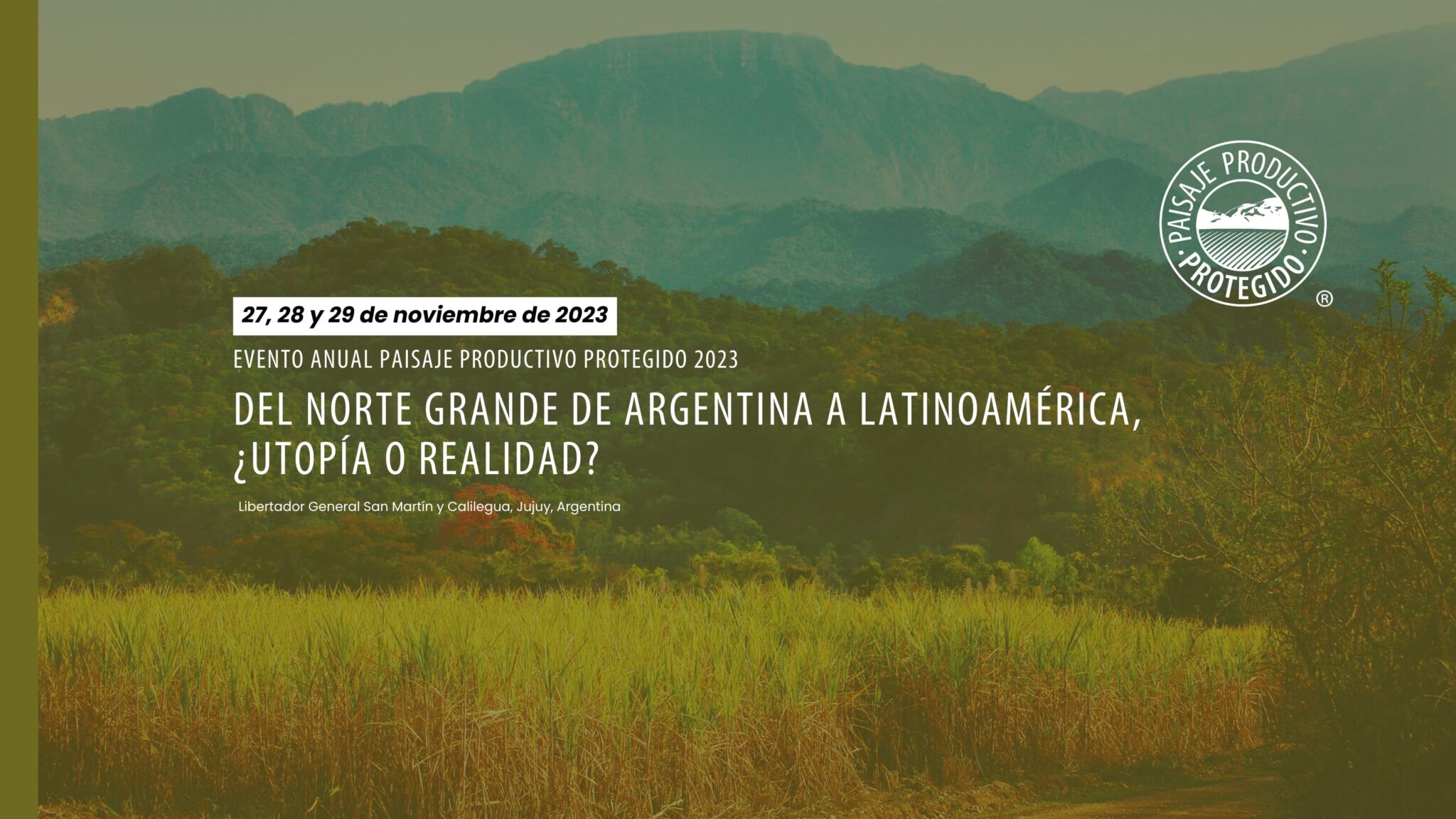
Production for conservation | The Annual Meeting of the Protected Productive Landscape Network of the region will be held in Jujuy
Organized by the ProYungas Foundation and the Ledesma company, the annual Red PPP meeting will take place between November 27 and 29 in Calilegua, Jujuy.
References from more than 35 companies, civil society organizations, environmental authorities, representatives of international cooperation, academics and technicians will meet to share good practices, achievements and continue promoting the growth of the Protected Productive Landscape Program (PPP) in the North Large from Argentina and neighboring countries.
The PPP, an initiative created by ProYungas in 2010, is a territory management model that seeks to coherently integrate the production and conservation of nature in environments of high environmental value. Today the program includes more than 30 companies from Argentina, Chile, Paraguay and Bolivia, with a total area of about 2.5 million hectares, of which more than 36% are natural areas.
The meeting is framed in the project "Protected Productive Landscape in the Great North of Argentina", executed by the ProYungas Foundation, together with the partner institutions FSC and Hábitat & Desarrollo, co-financed by the European Union.
Complete Event Program
Members of the PPP Network
Today the Program has a Network of companies and productive organizations that implement the PPP, partner organizations belonging to civil society and other institutions that support the implementation of the program, and strategic allies.
Companies and productive organizations: Ledesma, San Miguel, Citrusvil, Citromax, Arauco, Forestal Argentina, Bosques del Plata, Argenti Lemon, Vicente Trapani, Arcor, Romar, Suriyaco, Veracruz, Navar, Las Marías, Holcim, NOCE, Mistol Ancho, Agro Catamarca, Fortín Chacabuco, Quebracho Small Agricultural Producers Association (in Argentina); Arauco (in Chile); Neuland Cooperative, grouped ranchers from Estancia Santa Herminia, Estancia Doña Nidia, Estancia Tres Marías and Estancia 26 (in Paraguay) and; San Lorenzo (in Bolivia).
Partner organizations: ProYungas Foundation, The Nature Conservancy, Hábitat y Desarrollo Foundation (in Argentina); Moisés Bertoni Foundation, Wildlife Conservation Society (in Paraguay) and; Foundation for the Conservation of the Chiquitano Forest, PROMETA (in Bolivia).
Strategic allies: FSC Argentina, Argentine Association of Direct Sowing Producers (AAPRESID), Chaco Networks, UICN, Institute of Regional Ecology (CONICET-UNT), Institute of Subtropical Biology (CONICET-UNaM), Center for Territorial Environmental and Social Studies ( FCA, UNJu), Atlantic Forest Research Center, ALLCOT; Bolivia: FUNDESNAP.

IT MAY INTEREST YOU
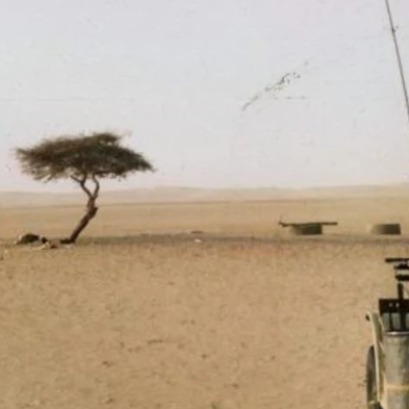 The only tree in the middle of the Sahara desert that was vital for commercial and military routes
The only tree in the middle of the Sahara desert that was vital for commercial and military routes
The Ténéré Tree, a solitary acacia in the Sahara desert, became for centuries a beacon of life and reference for travelers In the vast Sahara desert, where aridity and silence dominate the landscape, there was a tree that stood alone, being a beacon of life and hope for travelers.
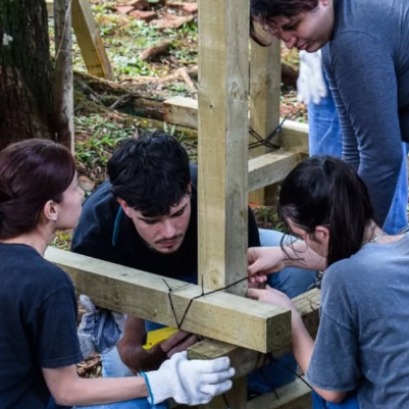 Architecture with identity: university students from Argentina and Paraguay design and build with missionary wood
Architecture with identity: university students from Argentina and Paraguay design and build with missionary wood
The Faculty of Art and Design (FAyD) of the National University of Misiones (UNaM) hosted the inauguration of the first edition of “Yvyvyrá: territory, matter and architecture”, an international workshop that promotes learning, experimentation and architectural design using wood and other materials typical of the biomes of the Atlantic Forest (Paranaense Forest) and the Humid Chaco.
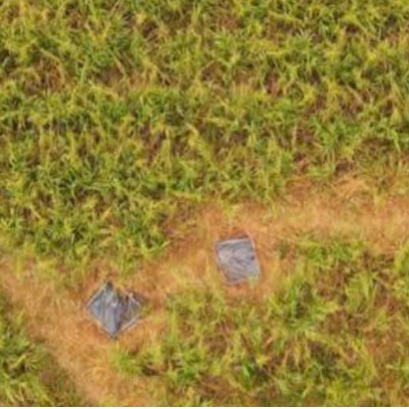 Vida Silvestre and ArgenINTA promote a national consultancy for the restoration of forest landscapes in Argentina
Vida Silvestre and ArgenINTA promote a national consultancy for the restoration of forest landscapes in Argentina
The Argentine Wildlife Foundation and the ArgenINTA Foundation signed a technical cooperation agreement to begin a consultancy aimed at the Restoration of Forest Landscapes (FPR) in the seven forest regions of the country. The work seeks to generate technical and scientific inputs that guide the design of provincial and national restoration programs, in support of the implementation of Law No. 26,331 on Native Forests.




